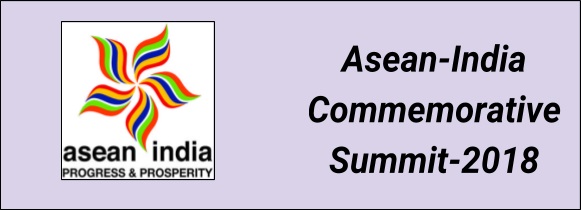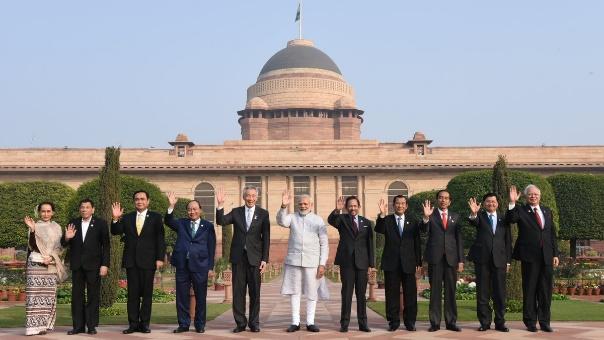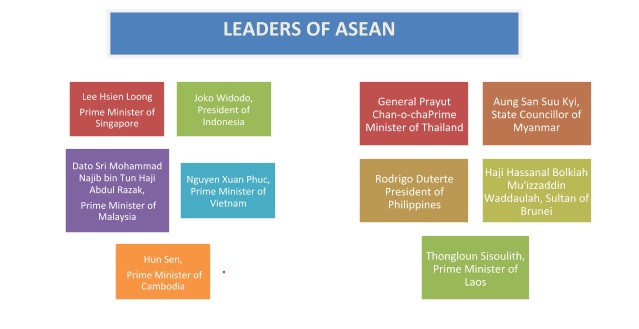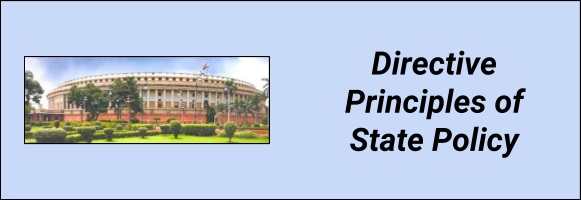
Asean-India Commemorative Summit-2018 : Important Topics for UPSC Exams
ASEAN- INDIA commemorative summit took place to celebrate 25th anniversary of establishment of dialogue partnership. The theme of the summit was “Shared Values, Common Destiny”.

The summit was followed by an unprecedented attendance of 10 ASEAN HEADS as the Chief Guests for the celebration of India’s 69th Annual Republic Day. This is for the first time that India has not 1 but 10 world leaders as Chief Guests for the Republic Day.

Importance-
The most significant outcome of the summit was the “Delhi Declaration’’, which talks about various issues like maritime cooperation, stability, economic ties, joint fight against terror etc.
The summit comes in the background of the expansionist tactics followed by China in the South China Sea and also marking a major shift from India’s earlier “LOOK EAST” POLICY to the enhanced “ACT EAST” POLICY, which signifies India’s increased commitment to ASEAN members.
ASEAN accepted India as a sectoral partner in 1992 and full time dialogue partner in 1996. ASEAN has thus helped India expand in Asia ,post LPG reforms and motivating to formulate its “Look East” policy, which India has enhanced to as “Act East” policy to strengthen relations with the eastern neighbor countries.
India and ASEAN signed a Free Trade Agreement in 2009 which came into effect in 2010. The FTA has strengthened the economic ties between both the sides. The trade between the two stood around $ 70Bn for 2016-2017.





